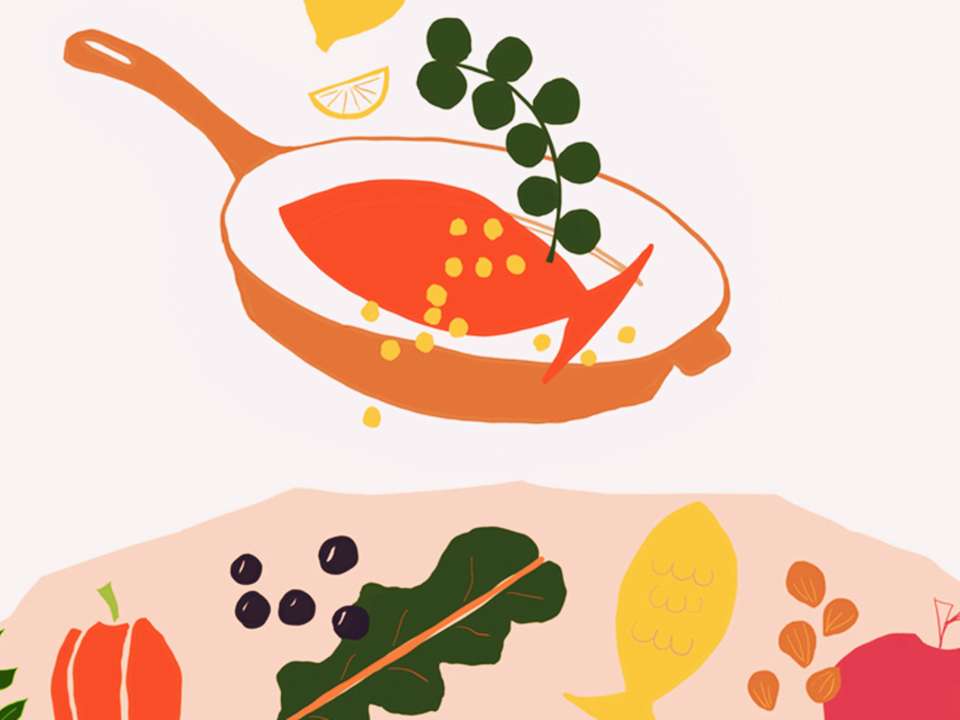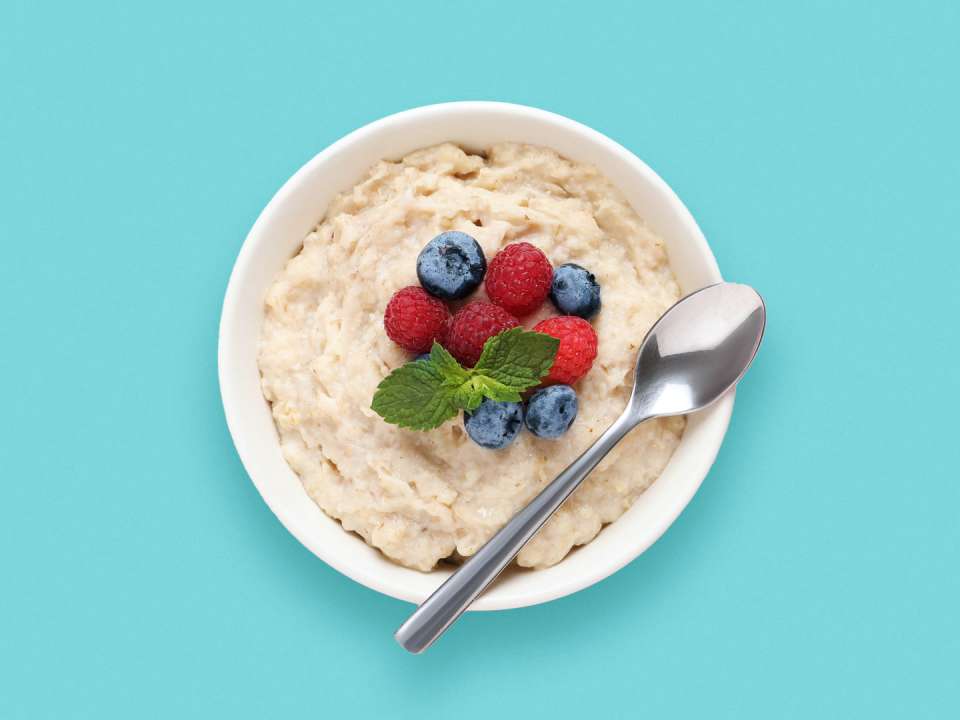
Are carbs bad for you? Is the keto diet safe? Can going gluten- and dairy-free make you feel less bloated?
These are just a few of the questions that Judy Simon, a registered dietitian at the Nutrition Clinic at University of Washington Medical Center-Roosevelt, hears on a regular basis.
“There are a lot of trendy food fads and diets out there, and it’s really confusing,” she explains. “All this misinformation isn’t guaranteeing health at all — it’s feeding into people’s fear about eating and the morality of food.”
To help you tell food fact from fiction, Simon answers the most common questions she gets at the clinic and explains why you shouldn’t rely on those Instagram influencers for nutrition advice.
What’s the most effective diet to lose weight?
Maybe someone you follow on Facebook has been singing the praises of Whole30 and you’re wondering what it’s all about. Or maybe your friend says she lost a whole bunch of weight on the keto diet and you’re thinking of giving it a try.
You’re not alone, Simon says. A majority of the questions she gets are about popular diets and how people can lose weight but — spoiler alert — the answer to a healthier you doesn’t lie with an Instagrammer who’s hyping an eating regimen on her wellness channel.
“People will come to me to give them a blessing for a diet, but before I say this diet is good or that one is bad, I try to get to know the person and their lifestyle,” she explains. “If I move the conversation away from a fad diet, they usually end up finding the answers.”
What she means is thinking more deeply about your lifestyle and eating habits can help you identify small, realistic adjustments you can make to accomplish your goals — no diet required.
For example, are you so busy that you resort to picking up fast food on a regular basis? Are you struggling to fit fresh produce into your budget? Things like meal planning or budget-friendly grocery resources can help you find easy ways to cook more at home and incorporate more healthy ingredients into your daily life.
“Work on something that will help you for the long term,” Simon adds. “I’ve spent so much time with people who have gone on restrictive diets and are miserable. I’d rather help you find ways to get more fruits and vegetables in a way that works for your comfort level.”
If you’re still not convinced, she offers this cold dose of diet culture reality.
“Diet culture makes money because people are set up to constantly fail,” she explains. “Would your doctor prescribe you an antibiotic with a 5% success rate? Probably not, so why would you keep doing something that just doesn’t work?”
Are carbs bad for you?
To carb or not to carb is a question that Simon gets asked a lot — and she has a pretty clear answer.
“No, carbs are not bad,” she says. “There’s so much press that carbs are evil, but carbs are what give you energy.”
That said, there is a distinction between refined carbs and ones that are minimally processed. Overly processed carbs are things like sugary beverages, white bread and pastries, while healthy carbs include nutrient-rich whole grains, fruits, vegetables and beans.
“When you leave all carbs out, you end up missing important nutrients such as fiber, iron, protein, vitamins and trace minerals,” Simon says.
To make the adjustment, she suggests simple changes like enjoying oatmeal that you flavor yourself with fruit or honey instead of the prepackaged instant variety that often contains added sugars. Or swap out white bread and white pasta for whole-wheat options.
Another good reason to not cut carbs entirely? It can derail your workout and weight-loss goals.
“If you cut carbs, you don’t have enough energy to fuel your body,” Simon explains. “People come to me and say, ‘I can’t lose weight,’ and it’s because your body is starving and metabolically adapts to a lower calorie intake.”
What are the best supplements to take?
From multivitamins to protein powders, Simon has seen and heard it all when it comes to nutritional supplements. For the most part, she recommends skipping the processed, premade stuff in favor of nutritious whole foods.
“A lot of people feel like they need to have protein powder in their life,” she says. “That stuff is really processed and they’ve found heavy metal contamination in some products. I’m not a big fan.”
The same goes for multivitamins, Simon adds, which aren’t regulated by the Food and Drug Administration and aren’t proven to improve your health.
“With the exception of folic acid for pregnancy and vitamin D, I don’t recommend a multivitamin to most people,” she explains. “They put all sorts of things in them that sound helpful, but it doesn’t help you live longer or better.”
Rather than spend your money on things like detox teas and fancy collagen powders — yes, really — reach for real foods instead. For example, you can blend up a smoothie of blueberries, spinach, yogurt and chia seeds to bump up your protein intake for the day.
Is going gluten- or dairy-free better?
With the rise of at-home health kits, Simon says she’s hearing a lot more questions about suspected food intolerances to things like gluten, dairy and soy. Unfortunately, there’s a big difference between a self-identified food intolerance and an allergy that’s been clinically diagnosed by a medical professional.
“These allergy and food intolerance tests you get at the store are totally unreliable,” Simon explains. “People are coming in with lists of foods they’re supposed to be allergic to, and what they’re left with is incredibly unbalanced.”
If you’re experiencing serious allergy symptoms like hives, swelling, vomiting or trouble breathing after eating certain foods, schedule an appointment with an allergist to get it checked out. Otherwise, chat with your doctor or dietitian about ways you can identify a real food intolerance and minimize its impact before you prematurely cut healthy foods from your diet.
“If you want to eat more anti-inflammatory foods that are maybe better tolerated by your gastrointestinal system, we can talk about ways to do that,” Simon says.
For instance, some folks who are lactose intolerant can still enjoy lactose-free dairy options. Others can identify potential triggers for their bloating or gut problems by doing a short-term elimination diet under the guidance of a dietitian.
The main point, Simon says, is that you have options for dealing with a food intolerance — ones that don’t necessarily involve cutting nutritious foods from your diet.
“When you make extreme restrictions in your diet, you may be doing more damage than good,” she explains. “Together, we can find a way to honor your health concerns and optimize your diet to find a solution that works.”
Consider that food for thought.

 Healthy ideas for your inbox
Healthy ideas for your inbox





